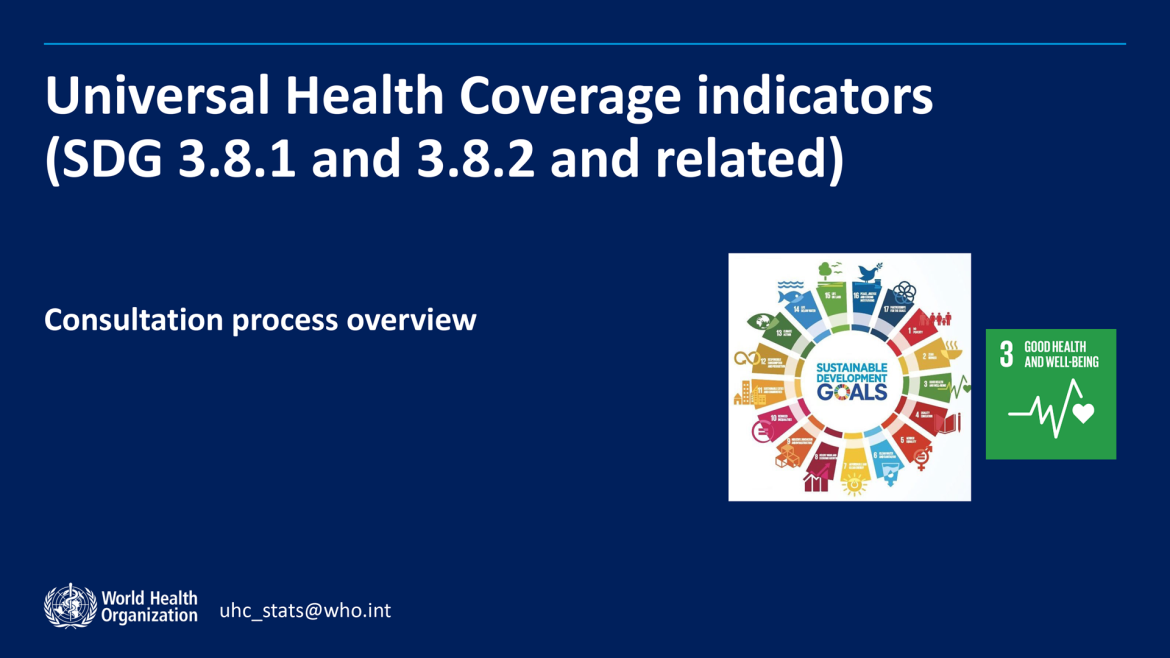By Asmau Ahmad
The World Health Organisation (WHO) and the World Bank said about two billion people across the world face severe financial hardship when paying out-of-pocket for health services.
According to the World Bank metadata glossary, out-of-pocket expenditure is any direct outlay by households, including gratuities and in-kind payments, to health practitioners and suppliers of pharmaceuticals, therapeutic appliances, and other goods and services whose primary intent is to contribute to the enhancement of the health status of individuals.
The UN agencies said out-of-pocket health spending can also cause individuals to forgo essential care and force families to choose between paying for a visit to the doctor, buying food, and sending their children to school.
The 2023 Universal Health Coverage report jointly released by the agencies said such trade-offs can spell the difference between the early treatment of a preventable disease and, at a later stage, suffering severe illness or even death.
“Addressing this problem requires progressive health financing policies that exempt those with limited ability to pay for health services.
Over the past two decades, less than a third of countries have improved health service coverage and reduced catastrophic out-of-pocket health spending,” the report stated.
The agencies defined catastrophic out-of-pocket health spending as exceeding 10% of a household budget, stating that over one billion people, about 14% of the global population, experienced such large out-of-pocket spending relative to their budgets.
“But even small expenditures in absolute terms can be devastating for low-income families. Approximately 1.3 billion individuals were pushed or further pushed into poverty by such payments, including 300 million people who were already living in extreme poverty,” it added.




